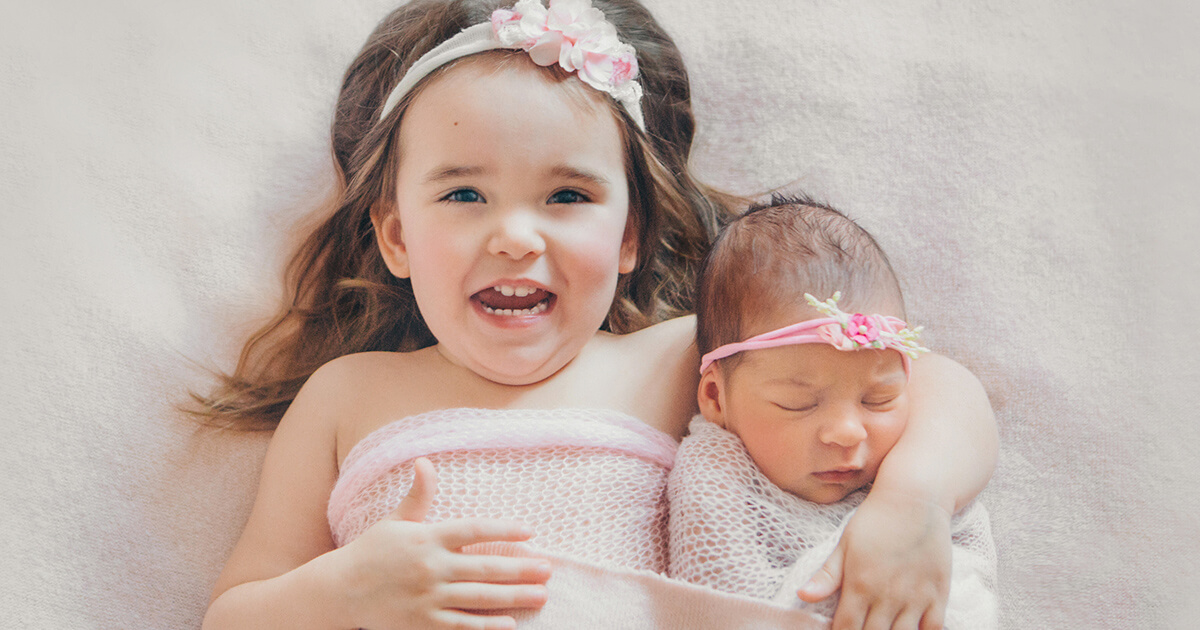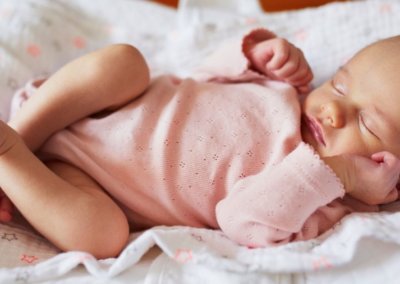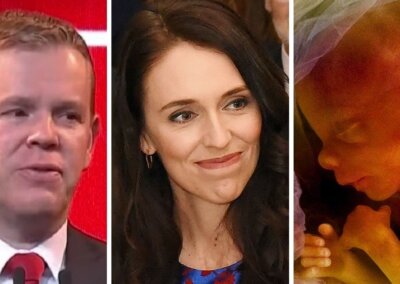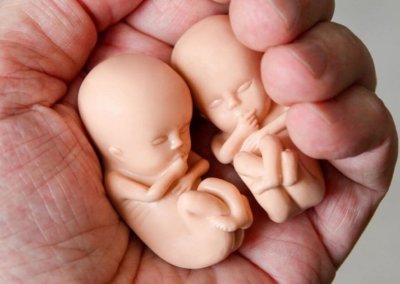New Zealand’s Prime Minister, Jacinda Ardern, is among 70 MPs in the country who have voted against protecting baby girls from sex-selective abortion.
It comes as the country could introduce the world’s most extreme abortion legislation.
Scientific advances in pre-natal testing means it is now possible to detect a babies sex at just seven weeks’ gestation, meaning sex-selective abortion could become an explicit and viable possibility in New Zealand.
MP Melissa Lee had sought to prevent this from becoming a reality, if the extreme abortion bill is voted into law at its third and final reading, likely tomorrow, by bringing forward an amendment to explicitly prohibit sex-selective abortion.
However, despite commendations from other pro-life MPs, Melissa’s amendment was defeated with 50 votes in favour and 70 against.
Sex-selective abortion is a well-documented problem in countries around the world, resulting in highly skewed sex ratios. A study, published last year, estimates that there are over 23 million “missing” girls were as a result of sex-selective abortion.
Canada amended legislation regarding abortion in 1998, effectively introducing abortion on demand. Since then, sex-selective abortion has been identified as a major issue with an article in the Canadian Medical Association Journal outlining that “easy access to abortion and advances in prenatal sex determination have combined to make Canada a haven for parents who would terminate female fetuses in favour of having sons…”.
Victoria, Australia introduced abortion on request in 2008. A recent study, from La Trobe University, analysing more than a million births in Victoria suggests some parents could be aborting unborn female babies in order to have a son. Following the law change in Victoria, Dr Mark Hobart was investigated by the Medical Board of Victoria for failing to refer a woman for a sex-selective abortion. Additionally, an investigation by Australian broadcaster SBS found higher numbers of boys than girls being born in some ethnic communities in Australia.
These concerns were highlighted in a submission to the Abortion Legislation Committee from Stop Gendercide, a campaign group who had urged MPs to support Melissa Lee’s amendment.
Unfortunately, both the Abortion Legislation Committee and a majority of MPs ignored the recommendation and New Zealand’s extreme abortion bill will permit sex-selective abortion, if voted into law at its third reading.
Instead, in what appears to be a politically motivated move to appear to be taking action, without actually making material changes to remove this major flaw in the Bill, the Committee have required that the Government produce a report five years after the Bill has passed reviewing whether abortions are being sought solely because of a preference for the fetus to be a particular sex. This means that for this five-year period, and possibly longer, sex-selective abortion will be free to occur in New Zealand.
New Zealand’s MPs have already voted against an amendment that would require health professionals to give medical help to babies born alive after ‘failed’ abortions.
Other rejected amendments that would have saved lives and protected women including measures to provide the following:
- Provide pain relief to babies being aborted between 20-weeks and birth.
- Agnes Loheni – SOP 461
- Ayes 43: Noes 76
- Provide additional safeguards to help prevent sex-selective abortions.
- Parmjeet Parmar – SOP 475
- Ayes 29: Noes 89
- Ensure safeguards were in place to protect vulnerable women, including those with an intellectual disability, from being coerced into an unwanted abortion.
- Joanne Hayes – SOP 462
- Rejected in a verbal vote
- Restricting abortions between 20-weeks and birth (to when there is risk to the life, or of serious harm to the physical or mental health, of the woman; or the fetus is so medically impaired as to be unlikely to survive beyond birth.)
- Greg O-Connor
- Ayes 45: Noes 73
- Restricting abortions between 20 weeks and birth (to where a woman’s life or health is at risk – and requiring doctors to be involved with later abortions rather than the proposed requirement that any health professional can perform an abortion.)
- Agnes Loheni – SOP 460
- Ayes 43: Noes 74
- Strengthen conscientious objection protections for health professionals.
- Chris Penk – SOP 469
- Ayes 35: Noes 83
- Requiring ongoing collection of accurate abortion statistics. Currently, the Bill only requires data collection during the first 18 months of the proposed abortion legislation coming into force.
- Simeon Brown – SOP 480
- Ayes 37: Noes 82












